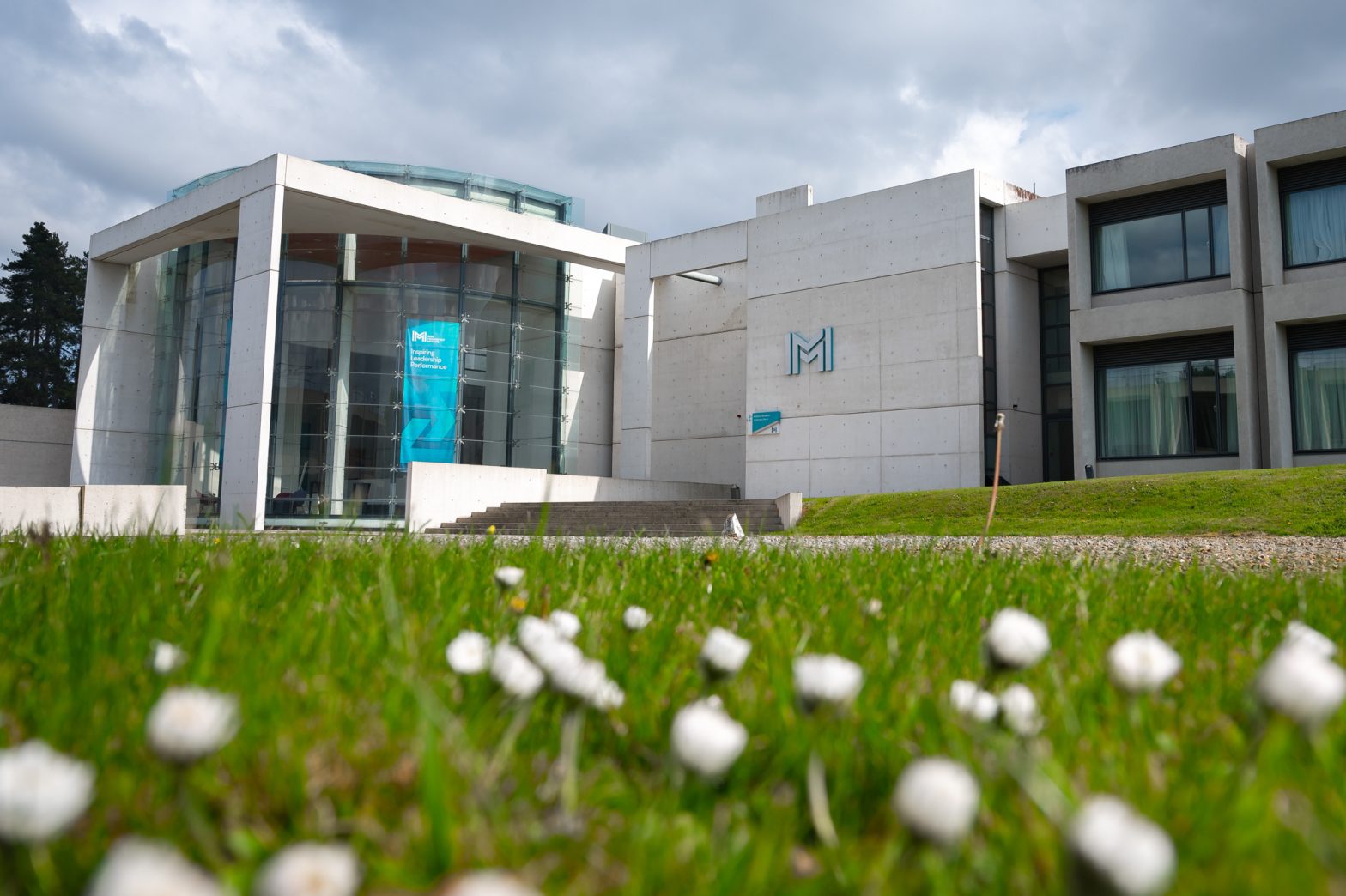Event Insights: Shaping the Future of Work with Kevin Empey
By Ben Davern | 19th November 2024
What is the “Future of Work”, and what does it mean for your organisation? This question lay at the heart of our recent Facilitated Workshop event, hosted by Kevin Empey. Professionals from across sectors gathered to explore the complexities and challenges of shaping the future of work: from hybrid working dilemmas to the looming presence of AI, the discussion delved deep into the multifaceted aspects that define the contemporary work environment.
Hybrid Working and Generational Expectations
One of the central themes that emerged was the conundrum of hybrid working. While initially embraced as a solution to regulations during the COVID-19 pandemic, rolling back on virtual working policies posed a new set of challenges. Lifestyle choices made during the pandemic era became entrenched, and transitioning back to traditional office setups proved to be laden with friction for some employers and employees.
Bridging the expectations of different generations regarding work dynamics also emerged as a pressing concern. The need to safeguard the valuable skills of older generations while fostering an environment conducive to newer ways of working underscored the importance of striking a delicate balance.
Reflecting on the past five years, leaders in the room unanimously agreed that the pace of change in the workplace has accelerated significantly. From the advent of AI to the emergence of concepts like the four-day workweek, the landscape of work has witnessed a rapid transformation. Looking ahead, the challenge lies in not only keeping pace with these changes but also ensuring that they are navigated effectively. The future impacts of AI dominated discussions, alongside other factors such as digital transformation and the evolving notion of work-life balance.
Crafting a Future of Work Strategy
In navigating the challenges of the future, having a robust strategy becomes paramount. That strategy needs to be distinct from your overall business strategy, and your broader people strategy. The workshop shed light on the evolving nature of Future of Work strategies, with many organisations now recognising the need for a structured approach. Drawing parallels with historical shifts such as the advent of Excel and other technologies, participants underscored the importance of adaptability and strategic agility in the face of evolving work dynamics.
While technology undoubtedly plays a pivotal role, societal shifts such as the race for talent, sustainability agendas, and the aftermath of global events like the COVID-19 pandemic were also highlighted as influential factors shaping the Future of Work. Embracing these broader socio-economic trends, alongside technological innovations is essential as your organisation moves towards crafting a future-ready work environment.
As organisations grapple with the complexities of the Future of Work, strategic agility emerges as the cornerstone of business and career success. By understanding emerging trends, defining a compelling narrative, and translating it into actionable strategies, organisations can chart a course towards a resilient and future-ready workforce.
Empowering HR to Shape the Future of Work
As organisations navigate the challenges of hybrid working, generational shifts, and technological disruption, HR professionals find themselves at the heart of this transformation. For those looking to translate insights into actionable strategies, the Adaptive HR Programme provides an unparalleled opportunity to prepare for the evolving landscape of work.
Designed to bridge the gap between traditional HR models and modern workplace demands, the programme equips participants with the tools to drive organisational purpose, agility, and a human-centric approach. Delivered through a combination of immersive full-day workshops and interactive webinars, participants will develop practical skills such as building strategic HR blueprints, leveraging digital HR, and mastering people analytics.
Feedback from past participants underscores the programme’s transformative impact. One attendee described it as “the best learning experience I have had in executive training,” while another highlighted the “brilliant course content and high level of interaction.”
For HR professionals inspired by the challenges and opportunities discussed in Kevin Empey’s workshop, the Adaptive HR Programme offers a clear pathway to enhance their skills and elevate their impact. By demystifying the future of work, HR leaders can not only drive organisational success but also build credibility and influence with the C-suite and board—shaping the future of work with confidence and purpose.
IMI Corporate Members get access to regular in-person and virtual events. Find out more about IMI membership.
Learn more about Adaptive HR here.



